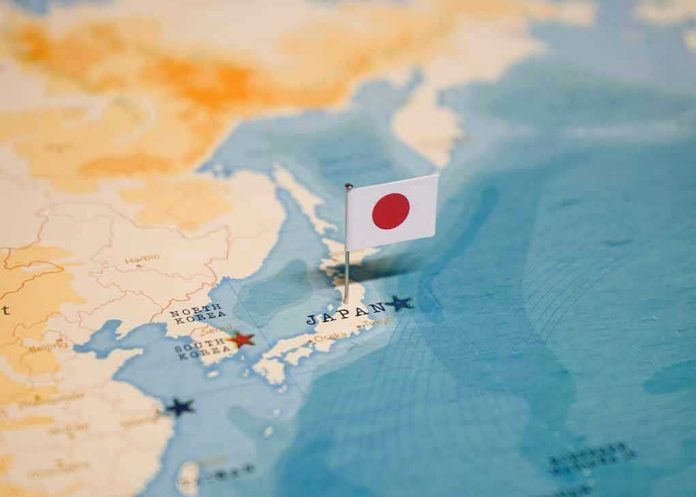
Japan’s demographic crisis is now at its most acute, with record population decline and no sign of reversal despite extensive policy efforts.
Story Highlights
- Japan’s population shrank by over 900,000 in 2024 due to record low births and high deaths.
- Despite government incentives, the birth rate remains critically low at 1.14 children per woman.
- Immigration has increased, but social tensions are rising alongside anti-immigration rhetoric.
- The working-age population is shrinking, putting a strain on Japan’s economy and social systems.
Japan’s Record Population Decline in 2024
In 2024, Japan faced its largest annual population decline since records began in 1968, with the population shrinking by over 900,000. This dramatic decrease was driven by a record low number of births, approximately 687,689, and a record high number of deaths, about 1.6 million. The situation persists despite government efforts to boost birth rates and increased immigration, with the elderly now comprising about 30% of the population.
Japan’s demographic challenges originate from decades of declining birth rates, high life expectancy, and limited immigration. The fertility rate has been below the replacement level since the 1970s, with the 2024 rate at 1.14 children per woman. The population peaked in 2009 and has been declining annually since, further exacerbated by economic stagnation and job insecurity.
The Role of Immigration and Social Tensions
While Japan has relaxed immigration policies to address labor shortages, social integration remains a challenge, leading to increased xenophobia and political backlash. The foreign resident population reached an all-time high, up 10% in one year. However, anti-immigration parties are gaining traction, blaming foreigners for economic woes, which adds to the social tensions amid the demographic crisis.
Prime Minister Shigeru Ishiba has labeled the crisis a “quiet emergency” and pledged to implement more flexible working hours and free daycare. Despite these efforts, policy interventions have not reversed the declining birth rate trends, and social tensions continue to rise over immigration and demographic change.
Implications for Japan’s Future
The ongoing population decline has severe implications for Japan’s economy and social systems. Labor shortages are intensifying, especially in healthcare and eldercare, with an increased tax burden on the working-age population. The social welfare system is under strain due to the aging population, and there are fears of inadequate care and social isolation for the elderly.
🔴 Japan records nearly 1M more deaths than births in 2024 — as country’s population continues to plummet
————————————–
🚦👹 A demographic dearth awaits every racist country and would-be racist country. Japan demise will come much faster than expected.… pic.twitter.com/ANX9uL8hgE— Pierre F. Lherisson (@P_F_Lherisson_) August 8, 2025
Long-term projections suggest a 30% population decline by 2070, with over 40% of the population aged 65 or older by 2060. The shrinking domestic market threatens economic growth and innovation, with potential reliance on increased automation and foreign labor. The crisis’s profound implications extend beyond Japan, serving as a cautionary tale for other developed nations facing similar demographic trends.
Sources:
Japan Population Decline 2024: Japan’s Population Plunges by 900,000 in Just 1 Year
Japan Sees Record Drop in Population in 2024
Japanese Population Down Record 900,000: 16th Straight Year of Decline



